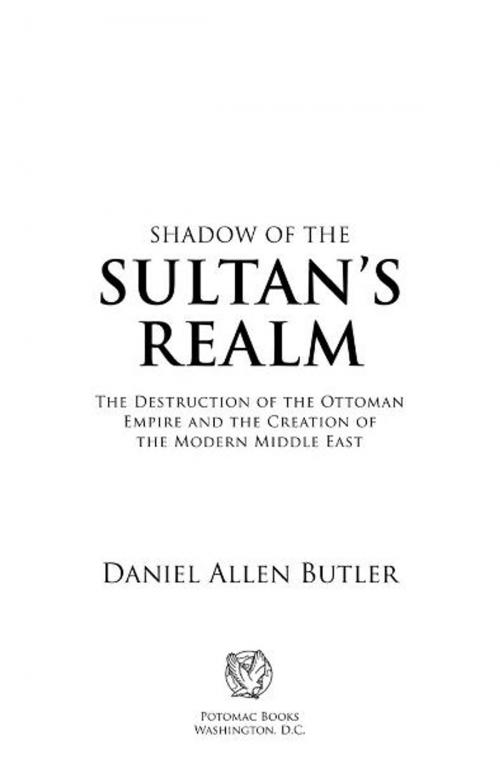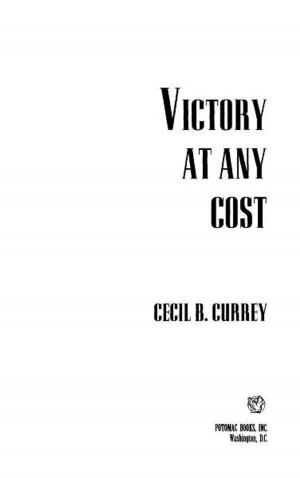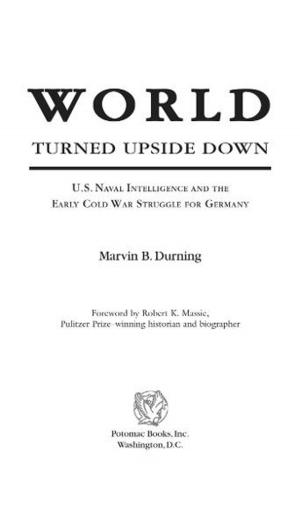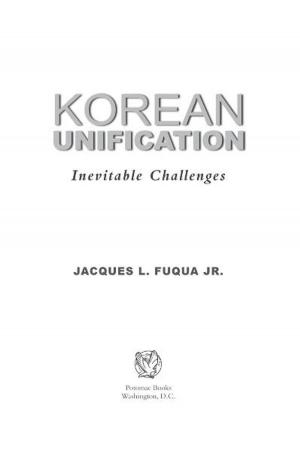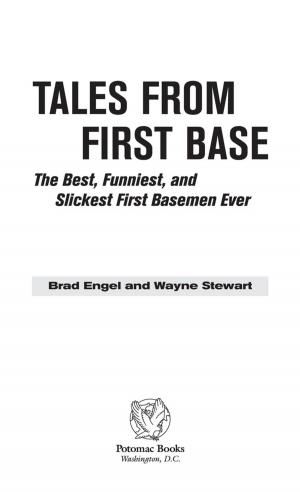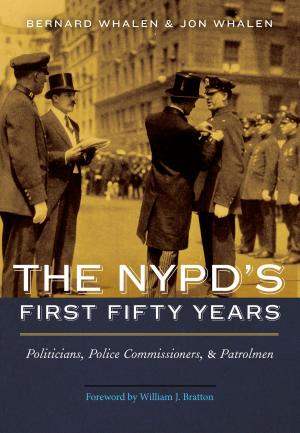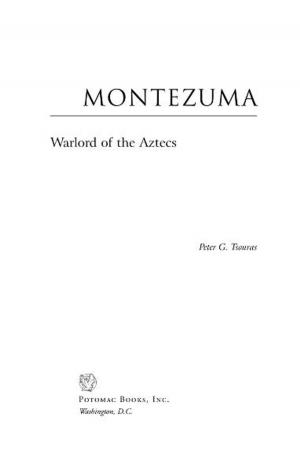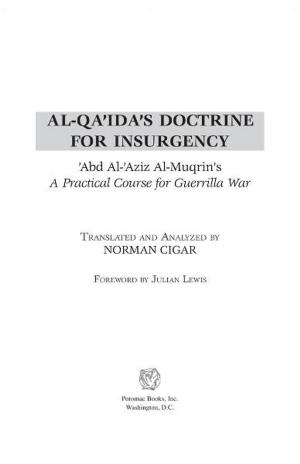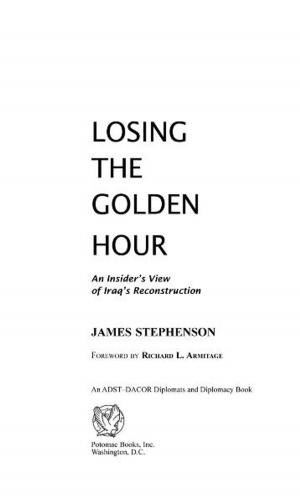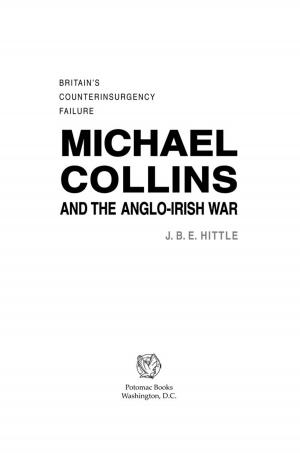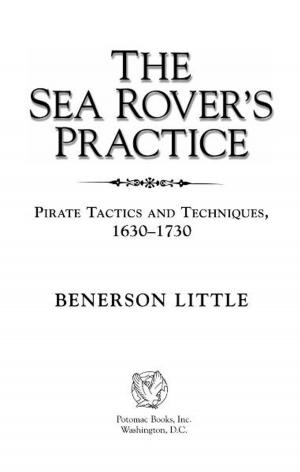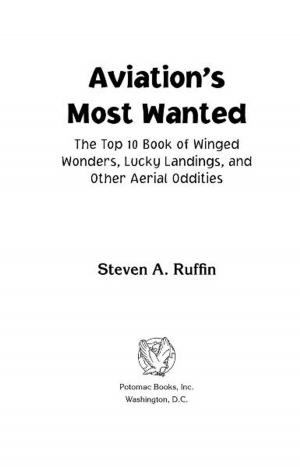| Author: | Daniel Allen Butler | ISBN: | 9781597975841 |
| Publisher: | Potomac Books Inc. | Publication: | September 30, 2011 |
| Imprint: | Potomac Books Inc. | Language: | English |
| Author: | Daniel Allen Butler |
| ISBN: | 9781597975841 |
| Publisher: | Potomac Books Inc. |
| Publication: | September 30, 2011 |
| Imprint: | Potomac Books Inc. |
| Language: | English |
The history of the Ottoman Empire spanned more than seven centuries. At the height of its power, it stretched over three continents and produced marvels of architecture, literature, science, and warfare. When it fell, its collapse redrew the map of the world and changed the course of history.
Shadow of the Sultans Realm is the story of the empires dissolution during a tumultuous period that climaxed in the First World War. In its telling are battles and campaigns that have become the stuff of legendGallipoli, Kut, Beersheebawaged by men who have become larger than life: Enver Bey, the would-be patriot who was driven more by ambition than by wisdom; T. E. Lawrence (Lawrence of Arabia), the enigmatic leader of an irregular war against the Turks; Aaron Aaronsohn, the Jewish botanist-turned-spy who deceived his Turkish and British allies with equal facility; David Lloyd George, the prime minister for whom power meant everything, integrity nothing; Mehmet Talaat, who gave the orders that began the Armenian massacres; Winston Churchill, who created a detailed plan for the Gallipoli campaign, which should have been the masterstroke of the Great War; Mustafa Kemal, a gifted soldier who would become a revolutionary politician and earn the name Atatürk; Arthur Balfour, the British foreign secretary who would promise anything to anyone; and Edmund Allenby, the general who failed in the trench warfare of the western front but fought brilliantly in Palestine.
Daniel Allen Butler weaves the stories of the men and the events that propelled them into a compelling narrative of the death of an empire. Its legacy is the cauldron of the modern Middle East.
Shadow of the Sultans Realm is the story of the empires dissolution during a tumultuous period that climaxed in the First World War. In its telling are battles and campaigns that have become the stuff of legendGallipoli, Kut, Beersheebawaged by men who have become larger than life: Enver Bey, the would-be patriot who was driven more by ambition than by wisdom; T. E. Lawrence (Lawrence of Arabia), the enigmatic leader of an irregular war against the Turks; Aaron Aaronsohn, the Jewish botanist-turned-spy who deceived his Turkish and British allies with equal facility; David Lloyd George, the prime minister for whom power meant everything, integrity nothing; Mehmet Talaat, who gave the orders that began the Armenian massacres; Winston Churchill, who created a detailed plan for the Gallipoli campaign, which should have been the masterstroke of the Great War; Mustafa Kemal, a gifted soldier who would become a revolutionary politician and earn the name Atatürk; Arthur Balfour, the British foreign secretary who would promise anything to anyone; and Edmund Allenby, the general who failed in the trench warfare of the western front but fought brilliantly in Palestine.
Daniel Allen Butler weaves the stories of the men and the events that propelled them into a compelling narrative of the death of an empire. Its legacy is the cauldron of the modern Middle East.
The history of the Ottoman Empire spanned more than seven centuries. At the height of its power, it stretched over three continents and produced marvels of architecture, literature, science, and warfare. When it fell, its collapse redrew the map of the world and changed the course of history.
Shadow of the Sultans Realm is the story of the empires dissolution during a tumultuous period that climaxed in the First World War. In its telling are battles and campaigns that have become the stuff of legendGallipoli, Kut, Beersheebawaged by men who have become larger than life: Enver Bey, the would-be patriot who was driven more by ambition than by wisdom; T. E. Lawrence (Lawrence of Arabia), the enigmatic leader of an irregular war against the Turks; Aaron Aaronsohn, the Jewish botanist-turned-spy who deceived his Turkish and British allies with equal facility; David Lloyd George, the prime minister for whom power meant everything, integrity nothing; Mehmet Talaat, who gave the orders that began the Armenian massacres; Winston Churchill, who created a detailed plan for the Gallipoli campaign, which should have been the masterstroke of the Great War; Mustafa Kemal, a gifted soldier who would become a revolutionary politician and earn the name Atatürk; Arthur Balfour, the British foreign secretary who would promise anything to anyone; and Edmund Allenby, the general who failed in the trench warfare of the western front but fought brilliantly in Palestine.
Daniel Allen Butler weaves the stories of the men and the events that propelled them into a compelling narrative of the death of an empire. Its legacy is the cauldron of the modern Middle East.
Shadow of the Sultans Realm is the story of the empires dissolution during a tumultuous period that climaxed in the First World War. In its telling are battles and campaigns that have become the stuff of legendGallipoli, Kut, Beersheebawaged by men who have become larger than life: Enver Bey, the would-be patriot who was driven more by ambition than by wisdom; T. E. Lawrence (Lawrence of Arabia), the enigmatic leader of an irregular war against the Turks; Aaron Aaronsohn, the Jewish botanist-turned-spy who deceived his Turkish and British allies with equal facility; David Lloyd George, the prime minister for whom power meant everything, integrity nothing; Mehmet Talaat, who gave the orders that began the Armenian massacres; Winston Churchill, who created a detailed plan for the Gallipoli campaign, which should have been the masterstroke of the Great War; Mustafa Kemal, a gifted soldier who would become a revolutionary politician and earn the name Atatürk; Arthur Balfour, the British foreign secretary who would promise anything to anyone; and Edmund Allenby, the general who failed in the trench warfare of the western front but fought brilliantly in Palestine.
Daniel Allen Butler weaves the stories of the men and the events that propelled them into a compelling narrative of the death of an empire. Its legacy is the cauldron of the modern Middle East.
